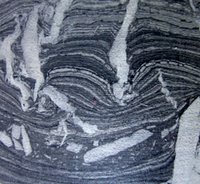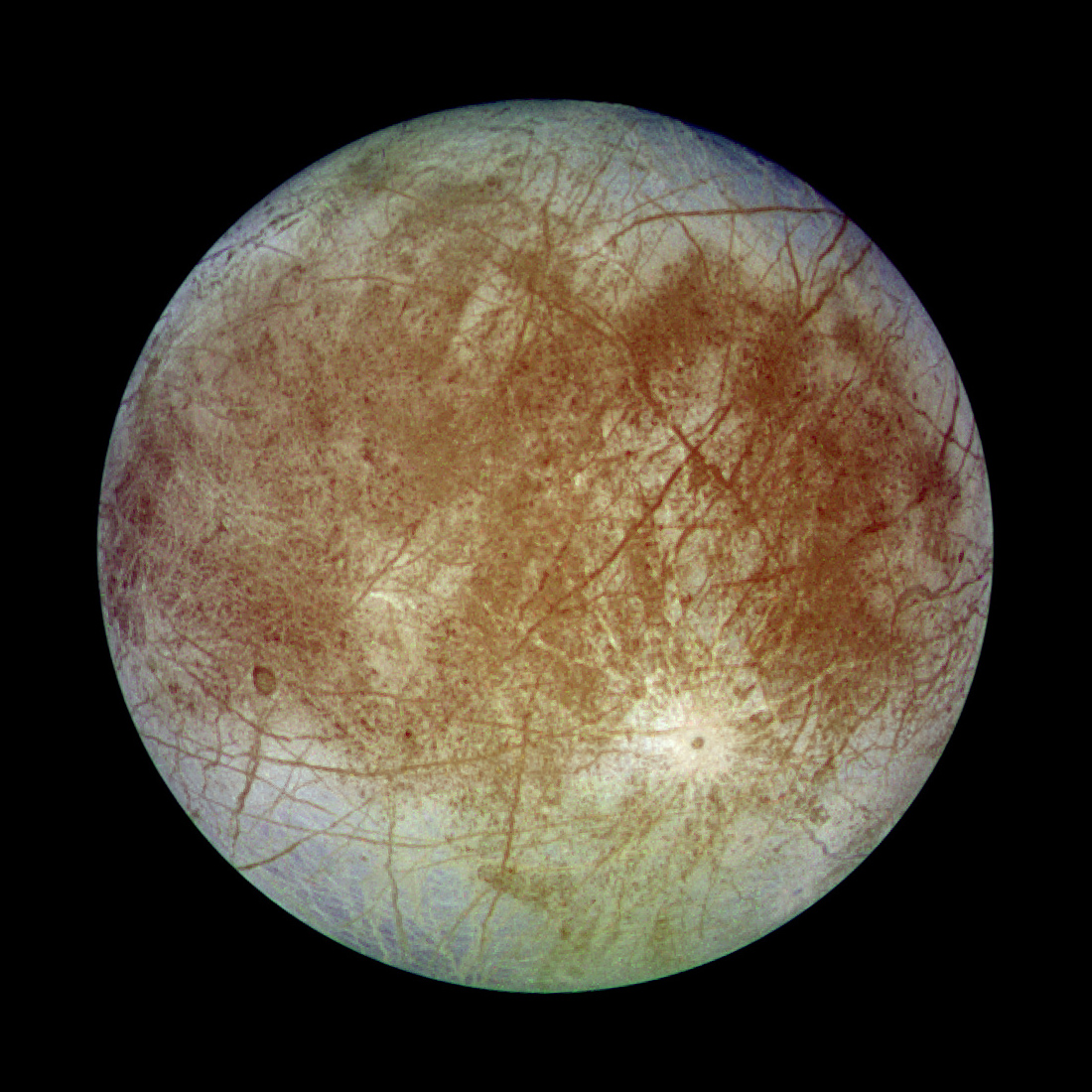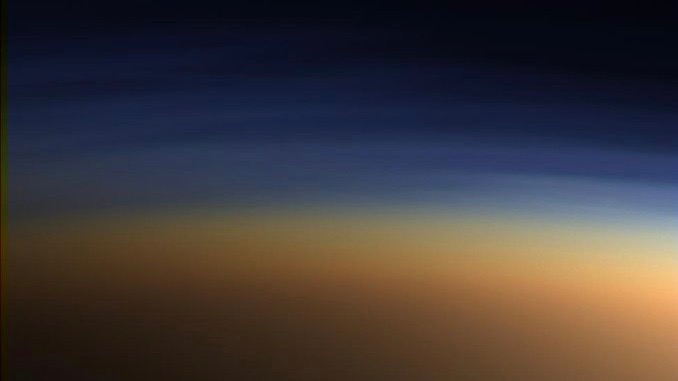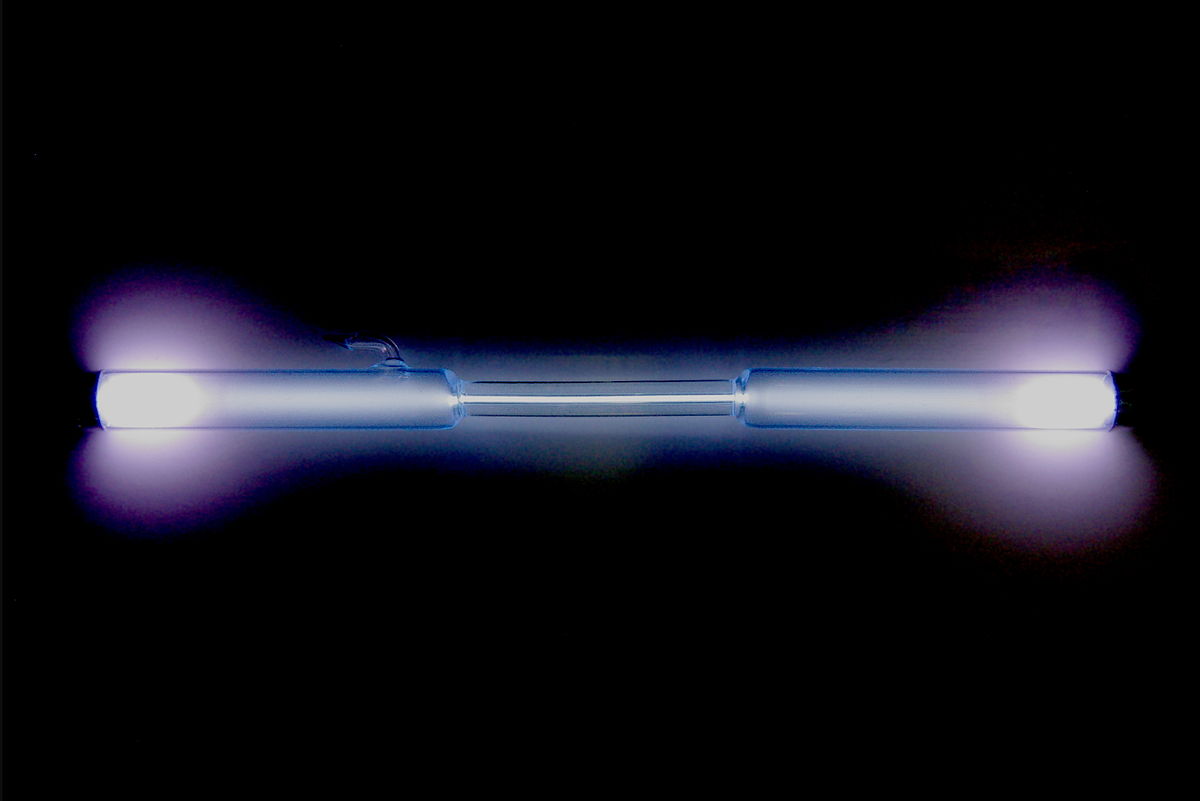
The Mesoproterozoic has been referred to as the dullest time in Earth’s history. However, rocks from this period contain some of the earliest evidence available of a leap made across a great evolutionary chasm: the emergence and diversification of eukaryotes in a prokaryote-dominated world. Here we present newly discovered protistan-grade microfossils from the 1.45 billion-year-old Belt Supergroup of Montana. These include forms that grade within and between different morphological groups, providing tentative clues to the reconstruction of ontogenetic, reproductive or ecophenotypic variation signals of the original organisms. This microfossil assemblage and others of similar age present a unique opportunity to explore the emergence, development, ecology and evolutionary biology of some of Earth’s oldest eukaryotes. Precambrian micropaleontology, in conjunction with molecular biomarker, stable isotope and paleoenvironmental data, is critical for assessing the extent to which we may use paleobiology to infer the likelihood of finding complex life on extrasolar planets.
To join using a videoconferencing system:
Please RSVP to Mike Toillion (mike.toillion@nasa.gov) if you will be joining by Polycom.
To view the slides, connect to http://connect.arc.nasa.gov/uwseminar/
To join using a web browser:
The slides and audio/video for this meeting will be presented using Adobe Connect. To join the meeting, connect to:
http://connect.arc.nasa.gov/uwseminar/
If you are having problems connecting, you can try joining http://connect.arc.nasa.gov/uwseminar/?launcher=false, or rebooting your computer, or try joining from another network.
 Getting Under Europa’s Skin
Getting Under Europa’s Skin Tracing Formation and Evolution of Outer Solar System Bodies Through Stable Isotopes and Noble Gas Abundances
Tracing Formation and Evolution of Outer Solar System Bodies Through Stable Isotopes and Noble Gas Abundances Photosynthesis, a Planetary Revolution
Photosynthesis, a Planetary Revolution Xenon: King of the Gases
Xenon: King of the Gases